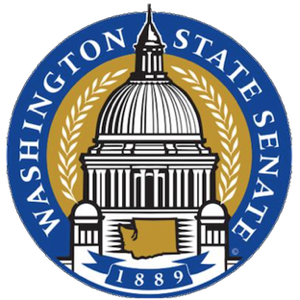The Washington State Senate (WA Senate) convenes floor sessions to read, debate, amend, and vote on legislation.
Second and Third Reading
- SB 5080 - "Expanding and improving the social equity in cannabis program."
- SB 5405 - "Modifying the liquor and cannabis board's subpoena authority."
